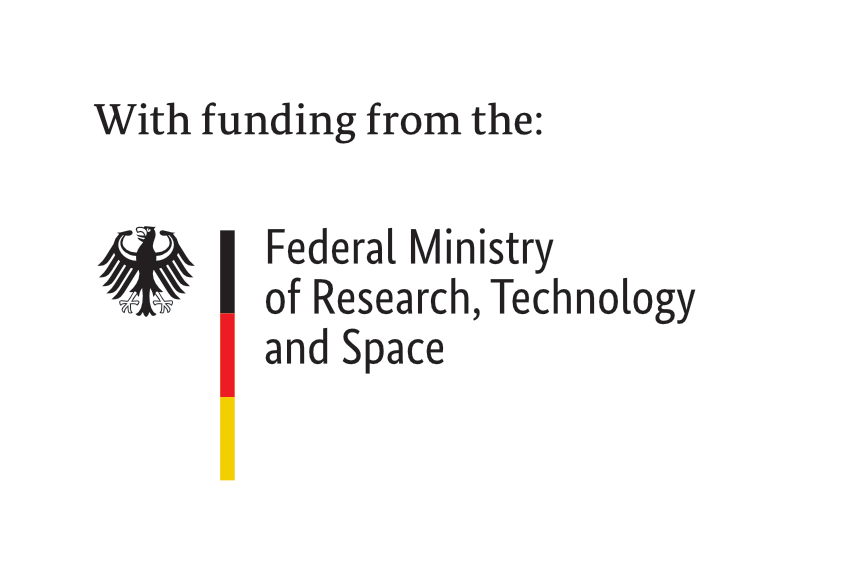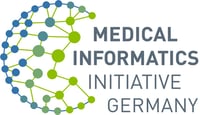Use Case EyeMatics
"Treatment" of eye diseases with interoperable medical informatics
In Germany there are around 10,000 new cases of blindness every year, with 50 percent being caused by so-called age-related macular degeneration and 17 percent by diabetic retinopathy. "Intravitreal surgical drug application" (IVOM) is a common therapy for maintaining or improving vision in these diseases. It is one of the most common medical interventions in Germany and is performed around 1.5 million times a year. However, treatment outcomes in practice are worse than in clinical studies and there is a lack of multi-centre data collection from daily hospital routine to understand treatment problems before they can be solved.
EyeMatics is a project that collects and analyzes clinical data from patients who have received IVOM therapy from various information systems in the clinics. Using a harmonized core data set, it combines information sources from four university hospitals (Aachen, Greifswald, Münster and Tübingen) and from two rollout partners (Clinic Chemnitz and University Hospital Leipzig). The project uses established statistical methods and state-of-the-art artificial intelligence pattern recognition methods to identify new characteristic features of the eye diseases mentioned above and to examine their course during IVOM therapy.
Prof. Dr. Nicole Eter
Director of the Department for Ophthalmology | University of Münster Medical Center
"With EyeMatics we create the conditions for a multi-centric data analysis of "real world" data at university clinics of ophthalmic. Among other things, we gain insights into possible regional differences in the disease entities examined and can carry out evaluations of the various treatment schemes. Research and patient care will benefit directly from the infrastructure established in the project. In this way, we will make a major contribution to improving overall care and being able to treat our patients in a more personalized way in the future."
The added value
The project is an extension of the existing work of the Medical Informatics Initiative (MII), in which data from patient care and research should be made more usable in order to strengthen research and improve care. The added value of this project is that an analysis of "real world" clinical data generated at different sites is made possible for the first time in the context of ophthalmology.
In addition, patients are actively involved: on the one hand with the help of the patient association PRO RETINA Deutschland e.V., on the other hand by collecting "patient reported outcomes", i.e. therapy results documented by patients. The merged data will be evaluated across a range of demographic and clinical parameters, treatment data, and state-of-the-art imaging and treatment patterns.

Dr. Tobias Brix
Technical Coordinator | University of Muenster | Institute of Medical Informatics
"The EyeMatics project builds on the existing work of the Medical Informatics Initiative and establishes a domain-specific core dataset module for ophthalmology. This module will serve as a structured foundation for cross-clinic analyses and research projects—particularly in combination with the Research Data Platform for Health (FDPG). We are convinced that this standardized data foundation will significantly advance medical research and, in the long term, contribute to improving care for patients with visual impairments."
Dashboard
As an example of meaningful data processing and use, a clinical dashboard will be introduced at each site, which will support researchers in generating research questions by displaying the data from the data integration centers. This connects previously separate IT systems and visualizes cross-site data. By analyzing this data, risk factors can be identified and new, tailored recommendations for action can be developed.
Pictures of Prof. Eter and Dr. Brix: ©University Hospital Münster
Contact
Prof. Dr. Nicole Eter
Project Co-Coordination, Clinical Management, University of Münster
Dr. Tobias Brix
Technical Coordinator, University of Muenster, Institute of Medical Informatics
Prof. Dr. Andreas Stahl
Clinical Co-Leadership, University Medical Centre of Greifswald


